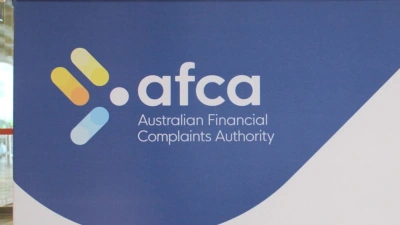Only modest take-up on limited AFSL



There appears to have been only modest uptake of the accountants' limited licensing regime, according to the latest data revealed by the Australian Securities and Investments Commission (ASIC).
The data, released by ASIC commissioner, Greg Tanzer, during a CPA Australia SMSF conference this week revealed that the regulator had received 62 applications for a limited AFS licence with 27 applications having been approved.
Tanzer noted that 25 of these were from new applicants and two were variations (conversions) from existing AFS licences and that 15 of the approved applications were lodged by Public Practice Certificate members of CPA Australia.
He said that one application was likely to be refused on the grounds that the applicant failed to submit the prescribed documents and information required to support the application and that 25 applications had either been withdrawn by the applicant or returned to the applicant on the grounds that they are materially deficient in respect of the documentation and information which had been submitted.
Tanzer said two applicants had been offered draft limited AFS licences subject to the provision of some final outstanding documentation and information.
The ASIC commissioner said that a number of concerning trends had emerged in relation to the limited AFS licence inadequate or no evidence of RG 146 training course completion, inadequate coverage of professional indemnity insurance, limited or no knowledge of the restricted scope of the ‘class of product' advice authorisation, and financial statements lodged in the name of a trust and not the entity or individual applicant.
Recommended for you
ASIC’s court case with Interprac is causing advisers to explore the possibility of self-licensing, according to My Dealer Services, as they observe the reputational damage it can bring to a practice.
AZ NGA has entered a strategic partnership with a Sydney advice firm with $600 million in assets under advice to support its succession plans and future growth.
With complaints on the rise and an expanded jurisdiction, the Australian Financial Complaints Authority is on the hunt for four C-suite roles, three of which are newly-created positions.
Ahead of the 1 January 2026 education deadline for advisers, ASIC has issued its ‘final warning’ to the industry, reporting that more than 2,300 relevant providers could be on their way out.










